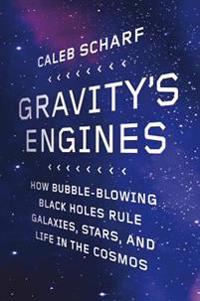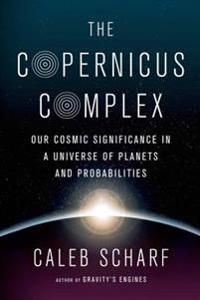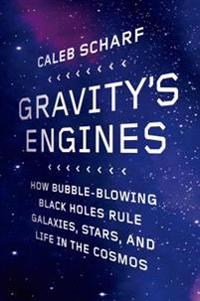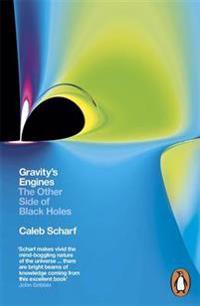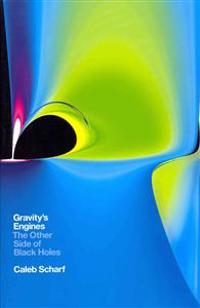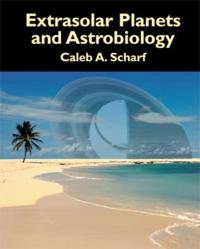Gravity's Engines (Inbunden)
avCaleb Scharf, Caleb A. Scharf
ISBN: 9780374114121 - UTGIVEN: 201209We've long understood black holes to be the points at which the universe as we know it comes to an end. Often billions of times more massive than the Sun, they lurk in the inner sanctum of almost every galaxy of stars in the universe. They're mysterious chasms so destructive and unforgiving that not[...]
The Copernicus Complex: Our Cosmic Significance in a Universe of Planets and Probabilities (Inbunden)
avCaleb Scharf
ISBN: 9780374129217 - UTGIVEN: 2014-09A "Publishers Weekly" Top 10 Science Book of Fall 2014
In the sixteenth century, Nicolaus Copernicus dared to go against the establishment by proposing that Earth rotates around the Sun. Having demoted Earth from its unique position in the cosmos to one of mediocrity, Copernicus set in motion a [...]Gravity's Engines: How Bubble-Blowing Black Holes Rule Galaxies, Stars, and Life in the Cosmos (Häftad)
avCaleb Scharf
ISBN: 9780374533977 - UTGIVEN: 2013-09One of "The Barnes and Noble Review "Editors' Picks: Best Nonfiction of 2012
Selected by "The Christian Science Monitor "as one of "21 smart nonfiction titles we think you'll enjoy this summer"
Selected by "The New Scientist" as one of 10 books to look out for in 2012 We've long understood b[...]Gravity's Engines (Inbunden)
avCaleb A. Scharf
ISBN: 9781846145339 - UTGIVEN: 201211We have long understood black holes to be the points at which the universe as we know it comes to an end - mysterious chasms so destructive and unforgiving that not even light can escape their deadly power. Recent research, however, has led to a cascade of new discoveries that have revealed an entir[...]
The Copernicus Complex (Inbunden)
avCaleb A. Scharf
ISBN: 9781846147128 - UTGIVEN: 2014-09Though the concept of "the universe" suggests the containment of everything, the latest ideas in cosmology hint that our universe may be just one of a multitude of others - a single slice of an infinity of parallel realities. In The Copernicus Complex, the renowned astrophysicist and author Caleb Sc[...]
Extrasolar Planets and Astrobiology (Inbunden)
avCaleb A. Scharf
ISBN: 9781891389559 - UTGIVEN: 2008-08Offers an advanced introduction to the increasingly robust fields of extrasolar planets and astrobiology. No other text currently available applies this level of mathematics and physics, while also providing an extensive grounding in key issues of chemistry, biology, and geophysics.[...]

